Blog
Everything You Need To Know About Granite Thickness
Whether it is a countertop project or a flooring project, granite emerges as the most sought-after choice of natural stone among builders, project managers, architects, and construction contractors. And, when it comes to choosing from a wide range of granite countertops, one of the most important factors to consider is its thickness. This aspect holds immense value as it further affects the performance, pricing, and installation of the granite slab. Since granite comes in varying thicknesses, it is meant to be used in different applications.
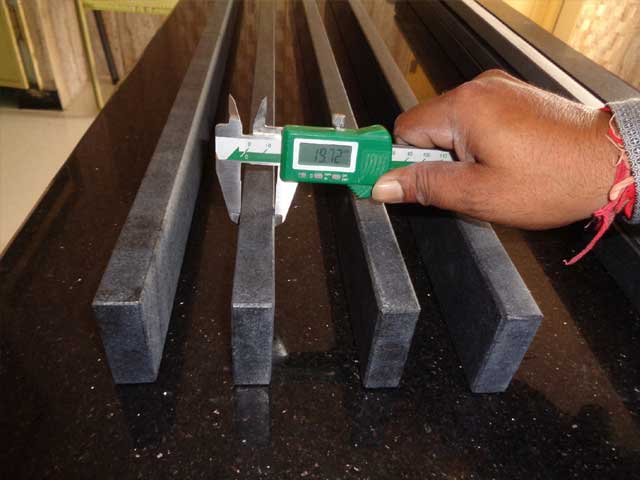
Not only granite, but the thickness of a natural stone matters a lot in its selection. There are both standard thicknesses as well as custom thickness options for both marble and granite, the most commonly used natural stones for countertops.
Standard Thickness Range of Granite
The most commonly preferred thicknesses for natural stones are 2cm and 3cm. The 2cm thickness has been considered largely through as an industry norm, while the 3cm thickness appears to be the newest preference for granite countertops and other likewise applications.
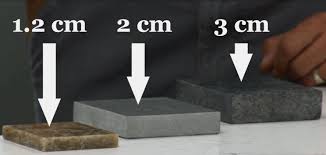
Another thickness, two inches, or a bit more than five centimeters (5 cm) looks to be a prevalent option for both marble and granite, since it is an effective thickness for kitchen platforms. Although this is thicker than usual slab, as well as uncommon and costly, it lends a bold and captivating look to a kitchen countertop or bar tops.
Installation Differences
Granite countertops of 2 cm have somewhat lagged behind in terms of applicability because of the high amount of work and cost involved in its installation. They need a substrate, or a kind of plywood support sheet, that is usually added at the time of installation. Apart from the substrate, another layer sometimes needs to be laminated on the front-facing regions of the material to develop an edge. This extra levels of effort and expenses have been part of why construction contractors, granite suppliers and builders have steered away from this thickness.
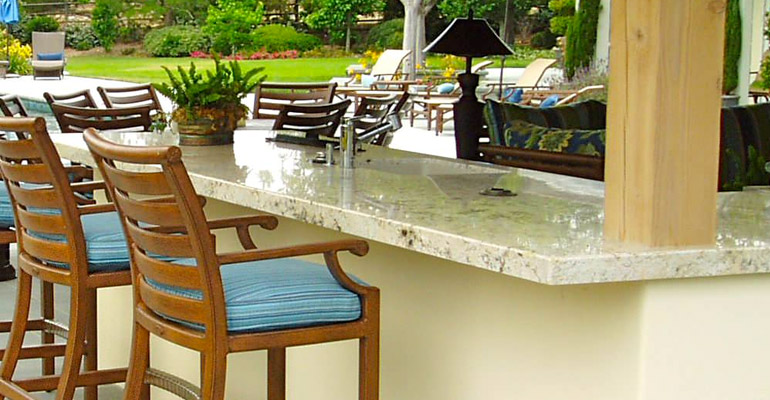
This is where granite countertops of 3 cm have become popular as they don’t need that extra layer for support. In addition, this high thickness countertops feature strength, refinement, and reliability to the overall setting.
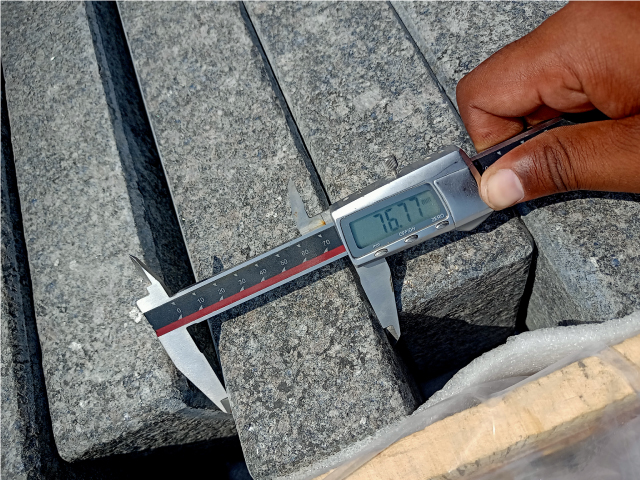
Another option that is becoming rapidly popular in the construction landscape is 6 cm thickness of granite countertops that tends to give a premium look to the space. This is look is widely known as Mastadon look and developed by stacking 3 cm slabs together.
Most project managers admire this thicker effect, but its installation asks for extra level of reinforcing which can be achieved by laminating the different slabs together as well as giving additional support for any top cabinets.
Factors Associated with Thickness Selection
The variations in thickness are closely associated with a number of factors that affect the slab installation, level of required labor, the durability of the materials, cost, personal likes along with and other aspects.
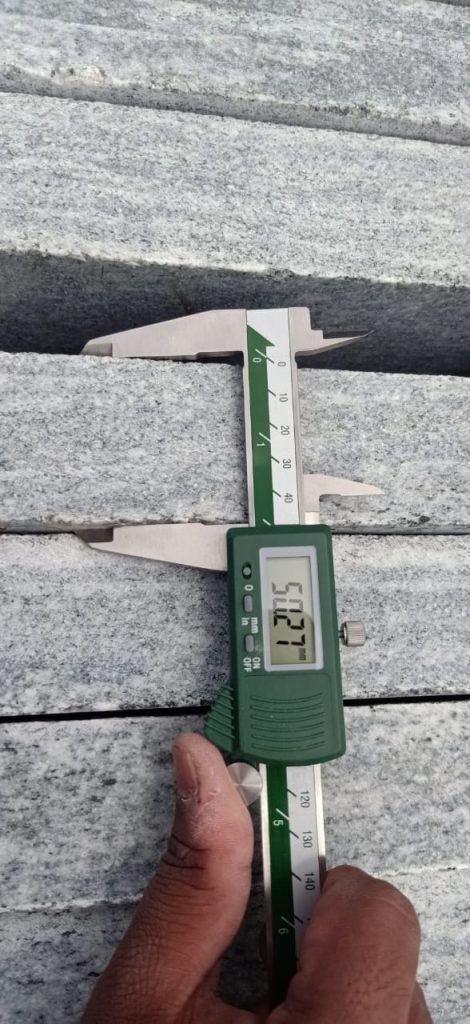
There are benefits to both thicknesses and the decision will likely get affected by the application of the natural stone and how it is utilized. There are large number of architects who prefer to work with a specific thickness, which heavily relies on the durability of the material and its installation ease. The thickness and installation preferences ultimately depend on the property owner’s choice, but the installer will have its say in defining the pros and cons of all the available stone options.
The Usage
Though there is a 20-30% variance in material costs between the two thickness options, 2cm tends to be utilized for backsplashes or surfaces that won’t be put under stress commonly like a countertops is supposed to be. This does put 2cm out of the equation, but given the specific nature of the job, an experienced and skilled architect won’t risk an installation that will lead to the collapse of the countertop completely.
